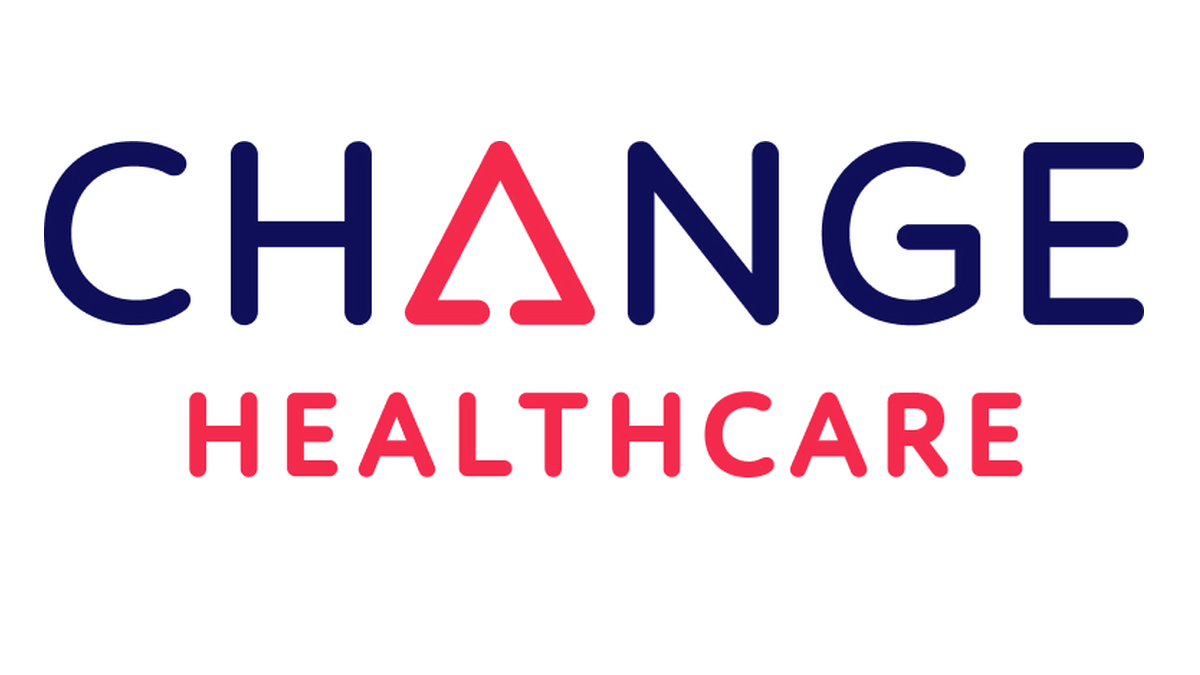Results for 'healthcare'
“Substantial proportion” of Americans may have had health and personal data stolen in Change Healthcare breach
April 23, 2024 - UnitedHealth has made an announcement about the stolen data in the ransomware attack on subsidiary Change Healthcare.
New ransomware group demands Change Healthcare ransom
April 10, 2024 - The Change Healthcare ransomware attack as suffered a third cruel twist.
Ransomware’s appetite for US healthcare sees known attacks double in a year
March 15, 2024 - The US healthcare industry suffers more ransomware attacks than most countries.
Data brokers admit they’re selling information on precise location, kids, and reproductive healthcare
March 11, 2024 - Information newly made available under California law has shed light on data broker practices, including exactly what categories of information they trade in.
ALPHV is singling out healthcare sector, say FBI and CISA
February 28, 2024 - CISA, FBI and HHS are warning about the ALPHV/ Blackcat ransomware group targeting the healthcare industry.
Change Healthcare outages reportedly caused by ransomware
February 28, 2024 - The cyberattack on Change Healthcare that has been causing a lot of disruptions is likely the work of the BlackCat/ALPHV ransomware gang.
Healthcare giant Norton breach leads to theft of millions of patient records
December 12, 2023 - Ransomware operator ALPHV/Blackcat reportedly stole 2.5 million records from non-profit healthcare system Norton Healthcare
BlackCat ransomware targets another healthcare facility
February 23, 2023 - In a statement issued Monday morning, Lehigh Valley Health Network said it had been the target of a cyberattack attributed to a ransomware gang...
KillNet hits healthcare sector with DDoS attacks
February 10, 2023 - At the end of January, the Health Sector Cybersecurity Coordination Center warned that the KillNet group is actively targeting the US...
Healthcare site leaks personal health information via Google and Meta tracking pixels
October 24, 2022 - Advocate Aurora Health has disclosed that by visiting its websites users may have shared personal information, and possibly protected health information...













